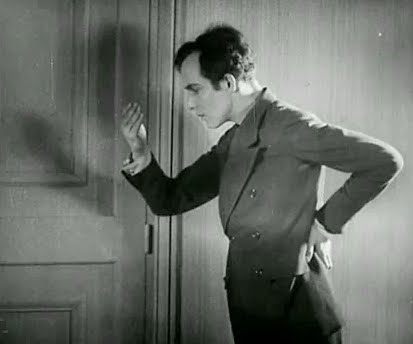Bernard Whiffletree stood at a street corner, contemplating the demise of his city. It had come fast, and gone just as quickly. One day, the supplies had been cut off. Early morning shoppers walked into the groceries to buy their various goods, and were surprised to find the shelves empty. It was as if food had never existed. The gates to the city had been closed, and there were very high walls. Never mind the time or place, they are not important. By the time the month was over everyone was dead. Why? For the greater good. Bernard survived by being intelligent. There were few left. They sat on the curb, munching on the bones of their relatives. It was the only thing to do. What else could you do? Stare at that meat, and go hungry? That would be torture. There was already enough torture.
In the first days of the famine, there was general panic and confusion. Riots broke out every night, and there was not a night when the streets were not lit up by the torches and flames of revolution. They screamed for freedom, they screamed for food. But it was all in vain. How can you counter something which does not exist? People have a hard time accepting the truth. Give them a lie and they will justify it. Give them a truth and they will prove it wrong. The answer to the problem? Stop giving them anything. Why create more trouble? Maybe that was the reason, maybe they closed up this town to get rid of the halves and the halve-nots, half person half ideal. But you couldn’t do that, there were too many. The human race regenerates at an astonishing rate, with hundreds of new ones each day. Who exactly were they, though? They did everything, knew everything. They were everything. You can’t escape them, they’re always there.
Maybe it was all our fault and we brought it on ourselves. Maybe this was all one big metaphor, showing on a small scale the steep slope humanity was rolling down. The velocity increases with time. After most everybody had died, they opened the gates. Black helicopters flew in from the cloudy sky and dropped aid packages. When we opened them, we found a pistol, a loaf of bread, and some ammunition. It looked like it was every man for himself. When people tried to leave the town, automatic machine guns killed them on the spot. They were hidden cleverly. The smart ones stayed behind, rationed their bread and ammunition, and cleaned their guns regularly. Bernard was smart. That was why he was alive. There was little else alive, no birds, no rats running through the sewers. The flowers were never in bloom, a perpetual gloom had settled over the doomed city.
It seemed as if they intended to keep them there until no one was left. Bernard thought, I’ll survive, I’ll do it, even if I have to eat granite and paper to survive, I’ll live to see the outside world again. They heard his silent vow. The next morning he woke up from unpleasant dreams to find he was in a vacuum. It took him minutes of staring to realize there was nothing left. After some speculation, Bernard decided that he indeed was in a vacuum, gasped for air, and fell down on his bed, dead as a doornail.

No comments:
Post a Comment